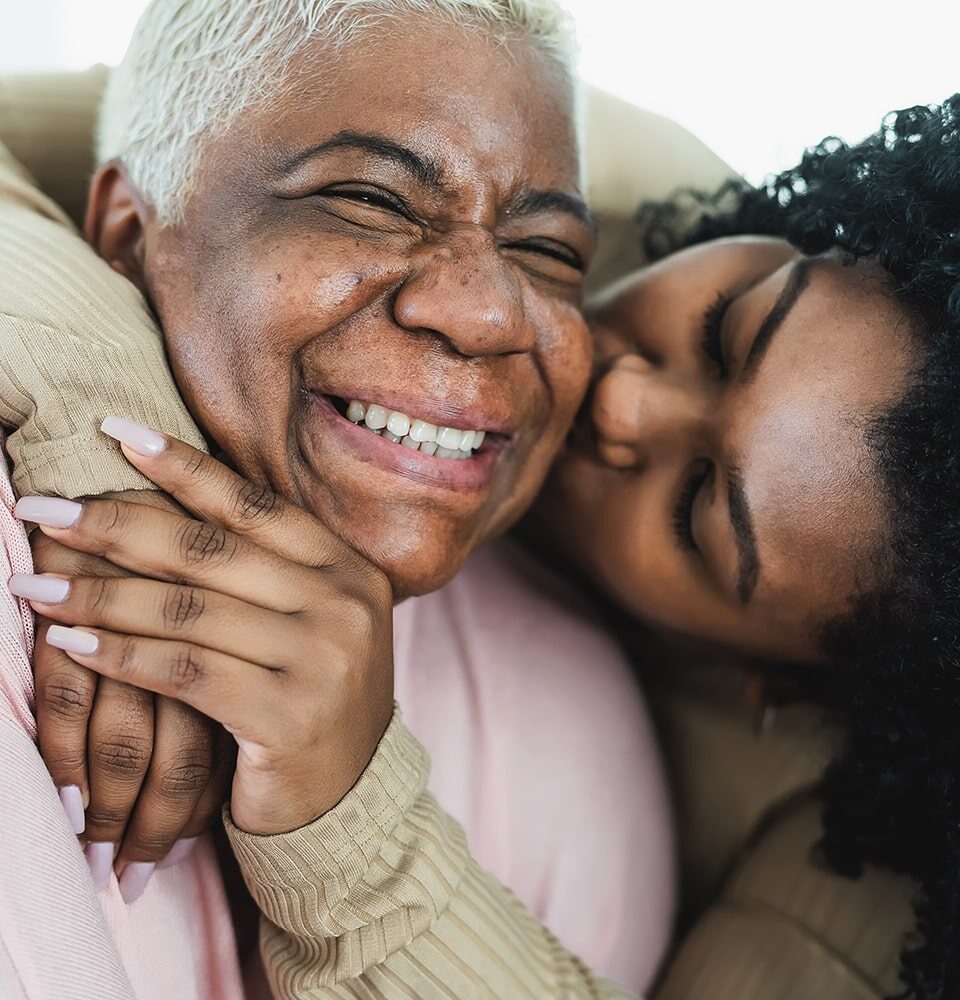The Toll of Aging: How to Support Your Elderly Parents’ Mental Health
As we get older, aging can bring with it a multitude of emotions. For some, this can be an exciting process of self-discovery and growth. On the other hand, for elderly parents’ mental health who are facing illnesses or memory loss due to age-related issues, it can be an overwhelming experience that impacts their mental health. With care and support from their families and loved ones, however, our elderly parents don’t have to suffer in silence as they transition into old age.
In this blog post, we will discuss how family members can help create a climate that promotes positive mental health in elderly people. We’ll examine techniques such as creating meaningful connections through communication and celebrating small wins together to ease any anxieties surrounding aging.
Understanding the challenges of aging and its impact on mental health
As our parents age, the dynamic of our relationship with them inevitably changes. We often become caregivers, making sure their basic needs are met and that they have the best quality of life possible. This can be a rewarding and fulfilling experience, but it also comes with its own set of challenges when your elderly parents’ mental health is at risk.
One of the biggest concerns is the impact aging has on our parents’ mental health. They may struggle with loneliness, depression, or anxiety as they face health issues, physical limitations, and the loss of independence. It’s important to remember that these emotions are normal and valid. As caregivers, we need to be attentive to our parents’ mental well-being and provide the support and resources they need to maintain their mental health.
Identifying signs of depression or anxiety in elderly parents
It is important to pay attention to changes in the behavior or mood of our elderly parents that may indicate a larger issue. This can include things like decreased motivation, feelings of hopelessness, or a loss of interest in activities they once enjoyed. Additionally, physical symptoms such as changes in sleep or appetite can also be a sign of an elderly parents’ mental health issues.
If you suspect your parent may be struggling with depression or anxiety, it is important to offer support and encourage them to seek help from a medical professional. Furthermore, at https://www.convivacarecenters.com/en/resources/how-often-should-you-get-a-check-up.html, and other similar websites, you can read more on how often they should have regular checkups. That way, you can keep track of any potential physical and mental issues that they may have.
Supporting your parent’s physical health to promote emotional wellbeing
When caring for an elderly parents’ mental health, supporting their physical health becomes a cornerstone of ensuring their overall wellbeing. Encouraging regular physical activity, such as a leisurely stroll around the neighborhood, holds the potential to invigorate their body and mind. Equally significant is fostering a balanced and nutritious diet, which not only mitigates the risk of diseases but also plays a pivotal role in enhancing their mood and emotional state.
To uphold their vitality, prioritize routine medical check-ups that encompass both physical and mental evaluations. These consultations with healthcare professionals serve as essential touch points for addressing mental health issues. Recognizing the profound connection between physical and emotional health, this approach empowers your elderly parents to sustain a vibrant life and supports their emotional equilibrium. By attending to their holistic wellness, you contribute to their ability to embrace life’s joys to the fullest.
Beyond an elderly parents’ mental health
In summary, our senior loved ones deserve to be treated with dignity and respect, no matter what their age. Taking the time to recognize the needs of aging parents can help both them and their children enjoy a healthy relationship. Time may feel like it is running out, but understanding the challenges of aging can help make life more manageable and enjoyable for seniors. Encourage your parents’ physical health as an important factor in emotional well-being, listen to their stories, and offer advice when asked for.
Finally, take an interest in your parent’s hobbies and interests – you may even pick up a new hobby yourself! Together we can celebrate our loved ones as they enter this new stage of life. Take action right now by reaching out to elderly parents to show them love and compassion.









